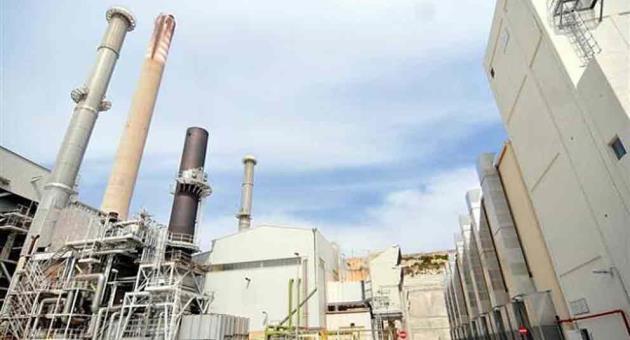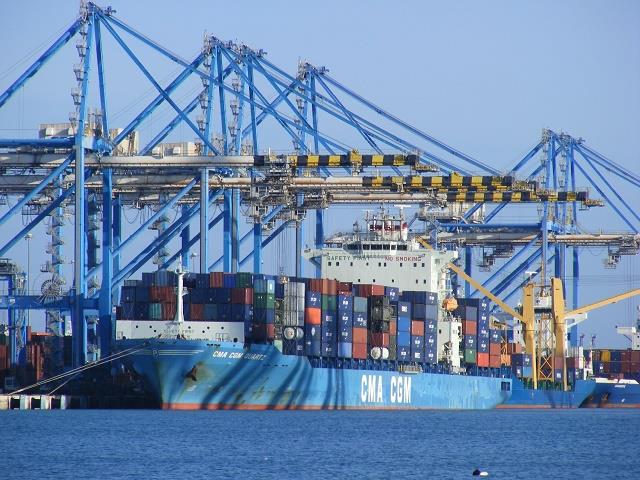"At the start of the governmental legislature, the government decided to remove all permanent secretaries at the stroke of a pen, and this sent out a crucial message to employees, particularly civil servants. Employees today live with the fear that they might wake up one morning to find out that everything has changed," General Secretary of Union Ħaddiema Magħqudin (UHM), Josef Vella says.
"Employees come up to us to express their concerns, but when we offer a potential solution, they choose to withdraw the case. It is evident that they are afraid to speak up."
Mr Vella explains that for years, employees used to visit the union's office to report that their full wage was not being paid up. These workers are entitled to request compensation for the shortcomings; however today, workers are opting not to open up a case, even if they are short by hundreds, or even thousands of Euros. "It is worrying that in a democratic country, people are worried to speak up for their rights and take what is essentially theirs. As a union, we believe that in such circumstances, an official complaint should always be lodged, even if it ultimately results that the employee is not entitled to compensation. But we cannot do so without the individual's consent. The UHM is not being negative - it is merely pointing out the realities of today."
The General Secretary expressed concerns that many workers still do not form part of any union and as a result, they end up being targets of precarious job offers, adding that being part of a social dialogue and a worker's union, allows for better working conditions and a better defence against injustice.
Asked about the constant bickering between the UHM and the General Workers Union, Mr Vella does admit that unions often provoke competition between themselves. As a result, unions end up negotiating according to what other unions are offering, and not in accordance to what employees deserve. They often also attempt to reach out to members of the opposing union, rather than employees who are not yet registered with any of them. "Such an approach does not work out. Unfortunately today, we have individuals with no expertise or experience whatsoever negotiating in whatever way they please. If we're taking this approach, then trade unionism is turning into amateurism - and where do employees stand in all this?"

GWU carrying out managerial roles at Enemalta
Turning to Enemalta workers, the general secretary insists that the issue has been imposed by the government itself and not by trade unions. "A major reform process is currently being carried out, which directly impacts hundreds of employees and at this point, deployment and detailing of employees should be taking place. There are procedures of how this should be carried out. However, these have not been followed, because the government has failed to follow procedures and has instead chosen to trust deployment in the hands of the GWU. No union should be carrying out a management's work; a union's role is defending the employee."
Mr Vella continues that it is the permanent secretary who should personally write to each and every worker and inform the employee that he/she will be transferred to a particular department or sector with the specified conditions.
"Employees now are loaded with uncertainties and meanwhile, GWU are deemed as heroes. We are not interested in turning the issue into a political football. If anything, it was the government that decided to do so, when it made the GWU responsible for carrying out managerial roles."

Dispute over representation of bus drivers and Freeport employees ongoing
Last year, the two major unions disputed which of them represented the majority of bus drivers and, as a result, an industrial tribunal ordered the director of work to carry out a membership verification exercise. The issue has now been dragging on for over a year.
"We are willing to accept the drivers' decision, whatever it is. The GWU had published a collective agreement; however it has refused it had, and decided that it wants to draft a separate agreement now - at the eleventh hour.
It has become evident that such drivers do not have decent working conditions; they do not have a good salary, and neither do they have shift allowances or other benefits. They can also be ordered to work split shifts and they have to remain in the same place for three hours."
Meanwhile, a few days ago, the GWU claimed to represent the majority of workers at the Malta Freeport Terminals and is thus seeking sole recognition within the company. The union has now written to the company's management to insist that it should receive sole recognition and said that it will not be honouring any agreement that the company may reach with another trade union. It also said that as soon as sole recognition was granted, it was ready to discuss long-pending issues with immediate effect.
"UHM is currently undergoing negotiations for a collective agreement, which I must admit, took longer than necessary, but one must understand that it involves hundreds of workers at different grades. It is, however, disappointing that unions are involved in the President's FORUM to discuss ethical guidelines of trade unions and meanwhile, they are pulling out their negotiating skills to compete with each other. What I can promise is that the UHM is willing to continue its efforts to defend these workers."
The Union's developments
Union Ħaddiema Maqħudin was founded in 1966, under the name Malta Government Clerical Union (MGCU). Salvino Spiteri and Maurice Agius were the union's first president and secretary general respectively. UHM today represents over 26,000 members and includes workers from all walks of life and also pensioners. When Mr Vella was appointed secretary general of UĦM, the union was already a house name among employees and Mr Vella had the challenge of maintaining that name and ensuring that trade unionism remains relevant in today's world. "Many a time, one does raise the question of what role trade unions hold in society and therefore, we underwent reforms that were necessary and introduced systems that ensured a better operational structure."
Changes were required to ensure a modern organisational structure to meet the needs of employees and more professionals, such as economists and lawyers, joined the team, thus strengthening the knowledge base.
"I am well pleased with what we've achieved so far from behind the scenes. However, we are now ready to launch the projects publicly."
Projects
The Jobs+ initiative - backed up by the social partners and included in the three party's electoral programmes - includes concrete measures which should help to provide a basis for the 'jobs creation' programme of the new government.
The committee is entrusted with designing a holistic active labour market policy that addresses the long-term needs of the labour market, and ensuring adequate funding to promote an on-going active labour market policy. The committee makes recommendations to the Ministry for Education and Employment on how labour market and training programmes can be improved and ensures implementation of active labour market policies, as well as monitoring of training programmes.
The free child care initiative was also put forward by the union. Mothers today are able to enter the workforce and can rest assured that their children are safe, without having to spend hundreds on the service. Before the initiative was implemented, it was not worth it for mothers in low income families to go out to work and then spend a significant portion of their income on childcare.
The Voice of the Workers project seeks to develop the capacity of workers to actively contribute to social dialogue as a means to implement effective partnerships and to contribute to the sustainable development of a country. The UHM has developed an e-learning platform so as to produce and disseminate reliable information via online training sessions to increase the knowledge on workers about social dialogue. The training would ultimately help the trainees to be in a stronger position to reach an informed opinion about issues relating to their roles as workers and citizens.